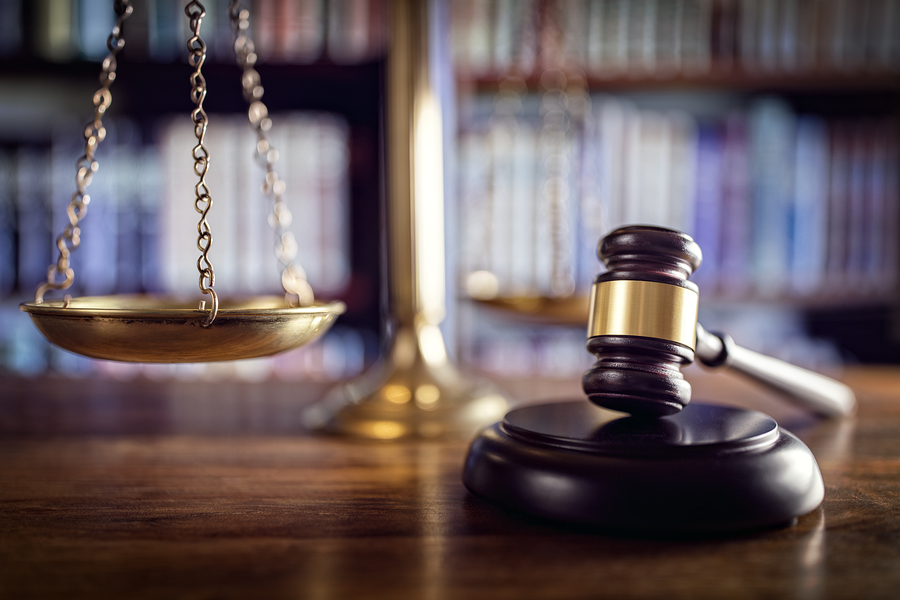10 Ways To Succeed In A Personal Injury Case
 Michael Babboni
Personal Injury
Personal injury lawsuits can be quite complicated, especially in some states such as Florida. That is why personal injury lawyers in St. Petersburg are there to help figure out the liabilities and who is at fault in a number of accidents. Success in a personal injury lawsuit involves maximizing the compensation you will receive. And while any lawsuit filed in a court of law should be judged based on facts, you may increase your chances of getting proper compensation by following these tips.
Michael Babboni
Personal Injury
Personal injury lawsuits can be quite complicated, especially in some states such as Florida. That is why personal injury lawyers in St. Petersburg are there to help figure out the liabilities and who is at fault in a number of accidents. Success in a personal injury lawsuit involves maximizing the compensation you will receive. And while any lawsuit filed in a court of law should be judged based on facts, you may increase your chances of getting proper compensation by following these tips.Keep Calm
After an accident, you may feel like fighting back, getting violent, or confronting the other party. However, suppressing those instincts may save you a lot of trouble—and a lot of money. Step back, take a deep breath, and clear your head to assess the situation. This will allow you to take the next steps, such as getting medical treatment and documenting the incident, without worsening the situation.
Get Medical Treatment Immediately
It is important to seek treatment for medical and legal purposes alike. Not only can this help you recover from your injuries, but it can also prove valuable in your personal injury case. For instance, personal injury protection (PIP) laws permit only 14 days for someone to seek medical attention after an auto accident if they want to receive PIP benefits.
Collect Evidence
There are two main types of evidence to be documented for personal injury: proof of the other party’s fault and proof of your own injuries. In the aftermath of an accident, if you are physically able to do it, collect as much evidence as you can. Take pictures and videos of the scene and your injuries and get the contact information of potential witnesses. Do what you can until your lawyer shows up.
Build Your Case
If you choose to take the legal matter into your own hands, you must be proactive in collecting evidence for the case. Some of the things you can do are to keep injury-related medical bills and receipts, maintain a journal of your recovery progress alongside doctors’ notes, talk to eyewitnesses to get their testimonials, and request documents from your employer for proof of lost wages and benefits. Alternatively, you can do away with all of those tasks by working with a personal injury lawyer.
Follow Your Doctor’s Orders
The two-pronged benefits of following medical protocols cannot be overstated. Being consistent with your treatment allows you to recover more quickly, and following your doctor helps your lawyer build your personal injury case. On the one hand, sticking to a doctor-prescribed treatment plan establishes your medical needs and therefore enhances your claim. On the other hand, neglecting your obligation to visit the doctor might give the other party an opportunity to poke holes in your case.
Maximize The Value Of Your Claim
An accident may cause damages more extensive than you originally anticipated. Aside from physical and financial ones, there may be emotional or psychological damages you may not be aware of. Medical and legal professionals can help you evaluate your situation properly. There is only one chance for you to receive compensation, so there is nothing wrong with maximizing it.
Know Your Worth
After assessing your situation, you will gain an idea about the extent of coverage you should aim for. Do not accept the first offer on the table. With the help of your lawyer, renegotiate your claim until you get the highest compensation possible.
Be Honest
The best lawyers may be willing to go to bat for you, but they can only work with what you give them. Give them the documentation you have collected yourself so they can conduct their own investigation. Disclose your personal injury and accident history so they know how to defend you. While it is good to be open with your lawyer, it would serve you well not to talk about your lawsuit with others.
Be Respectful
Most personal injury cases get settled because court proceedings are a hassle to everyone involved. However, if your case reaches the court, you should be polite and composed at all times no matter how much you want to assert your innocence in an accident.
Hire A Personal Injury Lawyer
Many of the tips we’ve mentioned have to do with hiring a personal injury lawyer to fight for you. While it may be within your rights to defend yourself, an experienced and reputable personal injury lawyer maximizes your chance to receive fair compensation for an auto accident.
